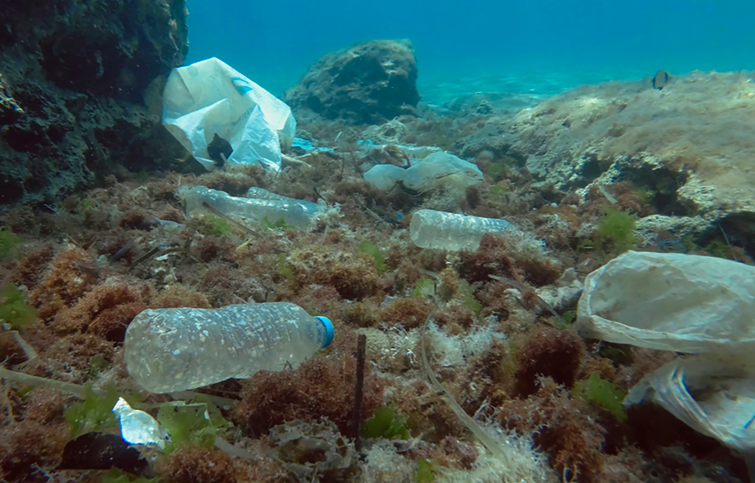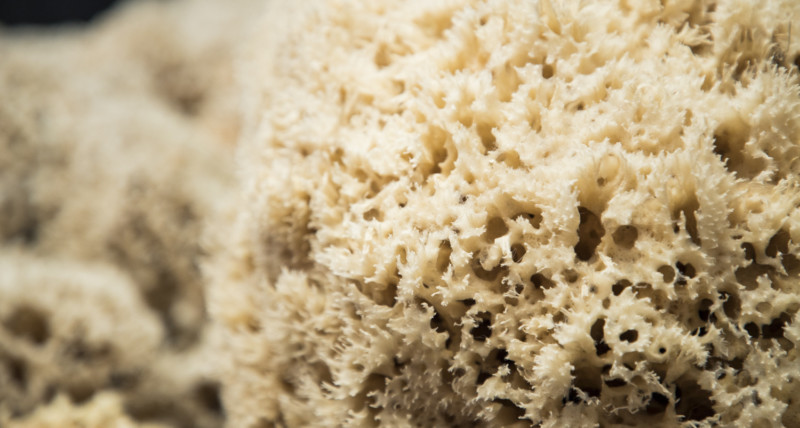At the United Nations’ fourth session (INC-4) for the International Legally Binding Instrument (ILBI) on plastic pollution, representatives clashed over how to best tackle the issue, particularly over whether to prioritize reducing primary plastic production or enhancing the recyclability of products.

Several nations at the meeting, which was held in Ottawa, Canada, in April, launched the “Bridge to Busan: Declaration on Primary Plastic Polymers” strategy, emphasizing that reducing primary plastic production is crucial for effectively addressing plastic pollution.
Launched by Peru and Rwanda, the declaration called for a 40 percent global reduction in primary plastic polymer production by 2050, starting in 2025. The declaration was backed by 29 nations.
However, many other nations’ representatives, including those from the U.S., U.K., and other developed nations, believe that the strategy does not represent the most effective way to move forward.
Their opposition drew fierce criticism from those who drafted the strategy.
“Tonight’s upsets show that historical injustices have made their way into the halls of the plastics treaty negotiations,” GAIA Latin America and the Caribbean States Communications Officer Camila Aguilera said. “The Global South countries fighting tooth and nail for a strong plastics treaty have been steamrolled by the will of wealthy nations. The debate over intersessional work is a proxy for these geopolitical divides between the Global North and the Global South.”
With negotiations stalled, the draft’s potential effects on marine fisheries have also paused.
Previous drafts of the treaty solely included overarching descriptions of plastic’s effects on the global marine environment, but after a few rounds of negotiations, the INC-4 draft narrowed to include a specific focus on the life cycle of fishing and aquaculture gear – a subject which negotiators are considering whether to make a standalone article with specific provisions around gear design, marking, loss reporting, and end-of-life management, disposal, and retrieval.
“We support the mandate to reduce the amount of plastics that we’re making and using in the first place,” Ocean Conservancy Ghost Gear Initiative Director Ingrid Giskes said. “For fishing gear, there’s not really a viable biodegradable alternative right now, and while further research and trials are ongoing, instead, we’ve been focusing on advocating for prevention and mitigation. That’s why we’re advocating for traceability and a no-fault gear reporting system.”
In that advocacy, Giskes said he tries to emphasize to industry players that pivoting toward less harmful gear, though it comes with short-term costs, actually serves as a long-term benefit.
“What we stress in our conversations with seafood actors that are members of the Global Ghost Gear Initiative is that this treaty is really supporting the industry’s long-term success and, ultimately, their bottom line. If you prevent gear loss, it improves the health of marine ecosystems, the health of fish stocks, and the seafood industry and fisheries that rely heavily upon that,” Giskes said.
Nevertheless, to implement change on a global scale, initiatives such as the stalled treaty are imperative, Giskes said. In the final round of negotiations, Ocean Conservancy aims to see increased measures for traceability; mandatory no-fault, gear-reporting systems; and inclusion of plastic fishing and aquaculture gear under all treaty provisions of plastics.
INC-5, which is slated to be the final draft meeting, will be held in Busan, South Korea, in November 2024.
Source: Sea Food Source


